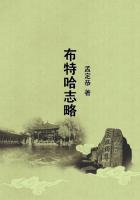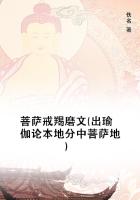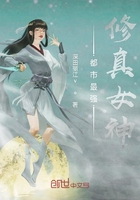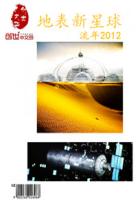It would imply a central commission,which would only,as was suggested,give rise to jobbery and take power out of the natural hands.Parliament was omnipotent;it could regulate the affairs of the empire or of a parish;alter the most essential laws or act as a court of justice;settle the crown or arrange for a divorce or for the alteration of a private estate.But it objected to delegate authority even to a subordinate body,which might tend to become independent.Thus,if it was the central power and source of all legal authority,it might also be regarded as a kind of federal league,representing the wills of a number of partially independent persons.The gentry could meet there and obtain the sanction of their allies for any measure required in their own little sphere of influence.But they had an instinctive aversion to the formation of any organised body representing the state.The neighbourhood which wanted a road got powers to make it,and would concur in giving powers to others.But if the state were to be intrusted to make roads,ministers would have more places to give,and roads might be made which they did not want.The English roads had long been infamous,but neither was money wasted,as in France,on roads where there was no traffic.(12)Thus we have the combination of an absolute centralisation of legislative power with an utter absence of administrative centralisation.The units meeting in parliament formed a supreme assembly;but they did not sink their own individuality.
They only met to distribute the various functions among themselves.
The English parish with its squire,its parson,its lawyer and its labouring population was a miniature of the British Constitution in general.The squire's eldest son could succeed to his position;a second son might become a general or an admiral;a third would take the family living;a fourth,perhaps,seek his fortune at the bar.This implies a conception of other political conditions which curiously illustrate some contemporary conceptions.
IV.THE ARMY AND NAVY
We are often amused by the persistency of the cry against a 'standing army'in England.It did not fairly die out until the revolutionary wars.
Blackstone regards it as a singularly fortunate circumstance 'that any branch of the legislature might annually put an end to the legal existence of the army by refusing to concur in the continuance'of the mutiny act.A standing army was obviously necessary;but by ****** believe very hard,we could shut our eyes to the facts,and pretend that it was a merely temporary arrangement.(13)The doctrine had once had a very intelligible meaning.If James II had possessed a disciplined army of the continental pattern,with Marlborough at its head,Marlborough would hardly have been converted by the prince of Orange.But loyal as the gentry had been at the restoration,they had taken very good care that the Stuarts should not have in their hand such a weapon as had been possessed by Cromwell.When the Puritan army was disbanded,they had proceeded to regulate the militia.The officers were appointed by the lords-lieutenants of counties,and had to possess a property qualification;the men raised by ballot in their own districts;and their numbers and length of training regulated by Act of Parliament.The old 'train-bands'were suppressed,except in the city of London,and thus the recognised military force of the country was a body essentially dependent upon the country gentry.The militia was regarded with favour as the 'old constitutional force'which could not be used to threaten our liberties.It was remodelled during the Seven Years'War and embodied during that and all our later wars.It was,however,ineffective by its very nature.An aristocracy which chose to carry on wars must have a professional army in fact,however careful it might be to pretend that it was a provision for a passing necessity.The pretence had serious consequences.
Since the army was not to have interests separate from the people,there was no reason for building barracks.The men might be billeted on publicans,or placed under canvas,while they were wanted.When the great war came upon us,large sums had to be spent to make up for the previous neglect.Fox,on 22nd February 1793,protested during a lively debate upon this subject that sound constitutional principles condemned barracks,because to mix the army with the people was the 'best security against the danger of a standing army.'(14)In fact a large part of the army was a mere temporary force.In 1762,towards the end of the Seven Years'War,we had about 100,000men in pay;and after the peace,the force was reduced to under 20,000.Similar changes took place in every war.The ruling class took advantage of the position.















